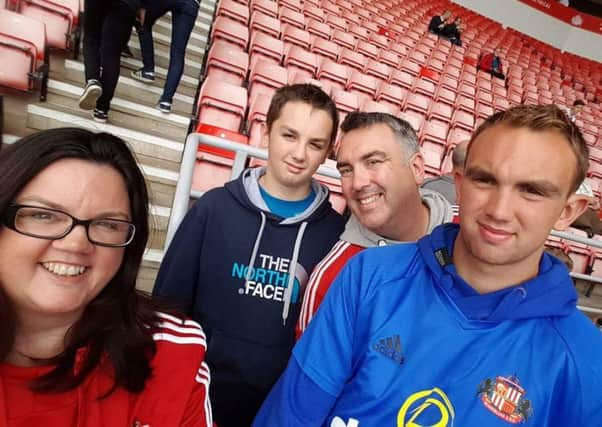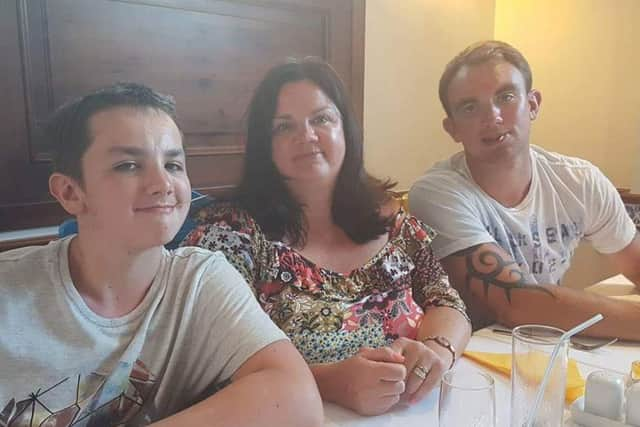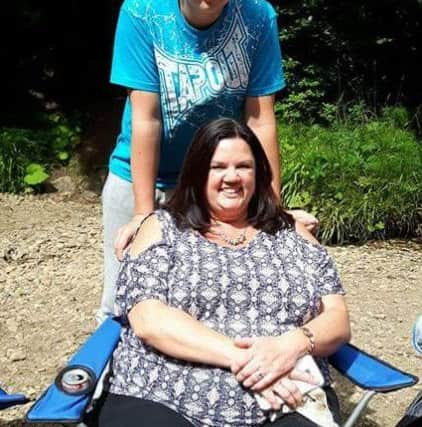Sunderland family helping scientists in efforts to make autism breakthrough


For the first time researchers have found early intervention can help autistic children communicate better and reduce symptoms in the years ahead.
Experts from Northumberland, Tyne and Wear NHS Foundation Trust and Newcastle University, along with colleagues from across the UK, are behind the first study.


Advertisement
Hide AdAdvertisement
Hide AdTracey Sawyer-Copus, from Philadelphia, Houghton, is mum to two autistic boys, Aaron, 13, and Alex, 18.
Tracey, 44, took part in the study with Aaron, and said: “If they know that this form of intervention works then they can use it – get it in schools and in the home. They can show parents how to do this.”
The Preschool Autism Communication Trial saw the pair attend play therapy sessions after Aaron was first diagnosed, aged four. Mum and son would be videoed, so Tracey could watch the session back. With feedback from therapists, Tracey could enhance her awareness and response to Aaron’s unusual patterns of communication.
In total 48 families in the North East took part in the study, which found that children who did get this intervention had less severe overall symptoms six years later than those who did not receive it.


Advertisement
Hide AdAdvertisement
Hide AdNurse Tracey, said: “Aaron was non-verbal and had very limited speech. He wasn’t interested in people or toys or playing. He was in his own little world.
“The play therapy was really good. It taught him to play – that was the biggest thing. He didn’t play with toys, but by the end he was playing by himself. It was just wonderful.
“We noticed a big difference. In that year he went from being non-verbal to being able to talk. He doesn’t always, but at least now he has the choice.
“It’s just the best thing in the world. As a parent you just want your child to be happy and safe and have friends. Now, if he does want to be sociable, he can be.”


Advertisement
Hide AdAdvertisement
Hide AdAnn Le Couteur, Professor of Child and Adolescent Psychiatry at Newcastle University, said: “Our findings suggests that helping parents to focus on early social communication skills with their child through play can lead to improvements in autism symptoms.
“It is important to note that this is not a cure. These children will continue to show symptoms, but the improvements are evident over this time period.
“However, we still need to support children with autism and their families as they deal with a range of challenges over time, including additional behavioural and mental health problems.”